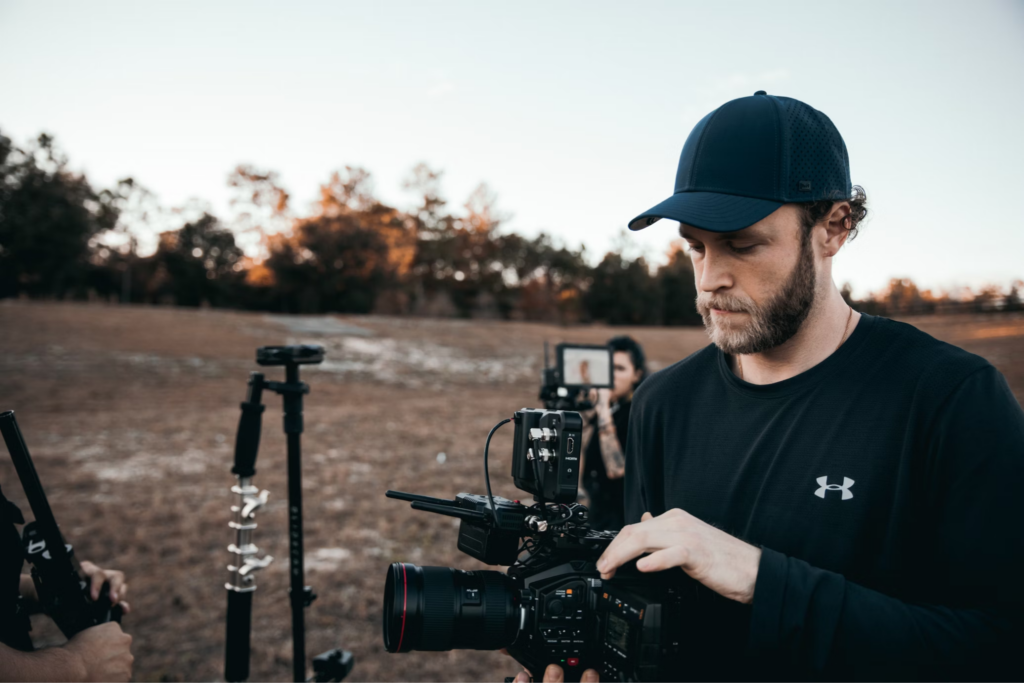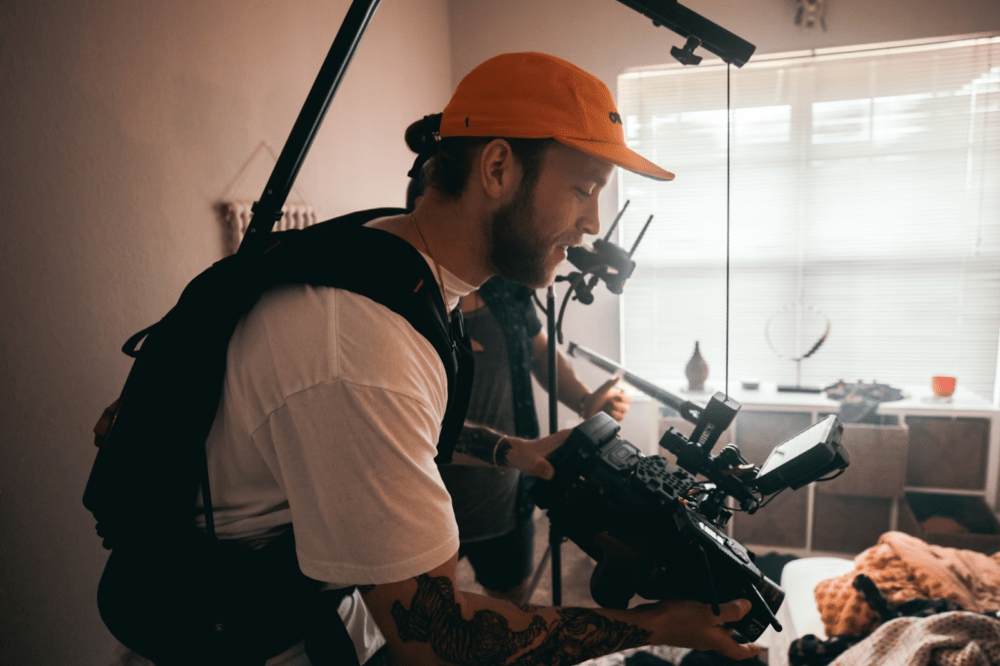Documentary filmmaking has come a long way. Before this was a somewhat boring genre, but that has drastically changed over the years. In many ways, documentaries are just like any other movie, they tell a story, they have sub-narratives, and they even have twists. In other words, just because a movie has a goal to spread awareness or tell you about something that happened, it doesn’t need to be an infodump. By using tried and tested storytelling templates the whole experience becomes more engaging and more memorable.
Other factors also have a huge impact on the quality of these movies. Here we will talk about the future of filmmaking, and how modern hardware and digital capabilities influence this genre.
Growing Number of Smartphone Users
Currently, almost all industries are optimizing their retail and marketing strategies around mobile users. If you look at Online Casino Czech Republic operators you’ll see that all games like blackjack, roulette, and slots are all optimized for mobile users. What’s more review sites always include evaluation of mobile compatibility. In other words, it’s very important that everything works and is optimized for smaller screen devices. In this case just as important as user incentives like free spins and bonus offers.
Smartphones are like mini supercomputers or gadgets. They can capture, process, and edit high-quality footage. Moreover, this content can be instantly uploaded to cloud servers, and distributed online. Whenever something important or interesting is happening, you can find out about it even if you are miles away. Also, by using correct hashtags you get a whole mosaic of the same event or occurrence.
These factors make it easier for filmmakers to discover interesting stories that are worth exploring in detail. In his documentary about documentaries, Morgan Neville explained how the whole process of finding crumbs or bits of information that lead to other crumbs is one of the most exciting parts of filmmaking.
Reinforcing Echo Chambers
If you look at any documentary on filmmaking you’ll see that the script needs to come first, and then you make adjustments along the way. Documentaries do the opposite. You get the story and the footage first. Then you decide how you are going to repackage it and tell the story using those elements. The reason why these movies can strongly resonate with the audience is because they set out to tell you the truth. There are 6 modes or types of documentary filmmaking:
- Poetic mode – A movie with a little narrative that mostly focuses on capturing specific imagery that evokes a specific emotion.
- Expository mode – A film with a specific point of view on a certain subject and it usually includes a narrator.
- Participatory mode – Also known as interactive documentaries. These movies include interaction between filmmakers and their subjects.
- Observational mode – An opposite approach compared to participatory mode. Here the crew members simply act like a fly on the wall and only capture footage.
- Reflexive mode – The movie explores the relationship between the filmmakers and their audience. So, you can expect to see a lot of behind-the-scenes footage, and get insight into the documentary-making process itself.
- Performative mode – This type focuses on the relationship between the filmmaker and the subject matter. This means that the filmmaker is telling a story based on his or her personal experience.
Because it’s so much easier to get content and capture relevant footage, it’s easier for documentaries to tell the truth on a particular subject. However, this is still one version of the truth and it doesn’t mean the movie is objective.
Another factor is social media sites. Here people only share clips of movies or story pieces they found relevant. Many will only see those bits without watching the whole thing and form their own opinions based on that. So people can easily use it to reinforce their own biases or echo chambers. This isn’t ideal and it can lead to bifurcated societies.
The Line Between Docs and Fiction Grows Thinner

Because documentaries have become more popular, many fictional movies are using the same techniques or modes as documentaries to tell their stories. We have shows like The Office and Modern Family, or movies like Cloverfield that are fiction shot in documentary style.
At the same time, you have documentaries or shows inspired by documentaries that look like legitimate mystery movies. Additionally, we have emerging technologies like VR, and we use streaming sites to consume content. This can lead to completely new trends, like interactive and immersive documentaries. Here viewers get to experience the setting more intimately and even choose which story bits they want to look at first.
As a result, more people get interested in these real stories and decide to follow them. However, it doesn’t always feel good if you are the subject of the documentary. After all, you want to tell your version of the story, and that doesn’t always align with what filmmakers do with the materials. You end up feeling like you have been used for entertainment purposes.
Because we live in a digital era, filmmakers and producers are also chasing views and engagement numbers. When you purposely re-contextualize things and skew the narrative in one direction, you can bet that it harms some of the participants.
Thanks to better access to content, future documentary movies will have more data to work with. It’s also easier to find out about the topics people are genuinely interested in, and then explore those topics through a gripping narrative. We live in a world where many don’t trust the narratives put forth by the mainstream media and want to hear the other side of big stories. This is an environment where documentaries can thrive. However, it’s also dangerous to create films with the sole purpose of pandering to the audience and reinforcing their biases. So, filmmakers should be careful and act responsibly.



